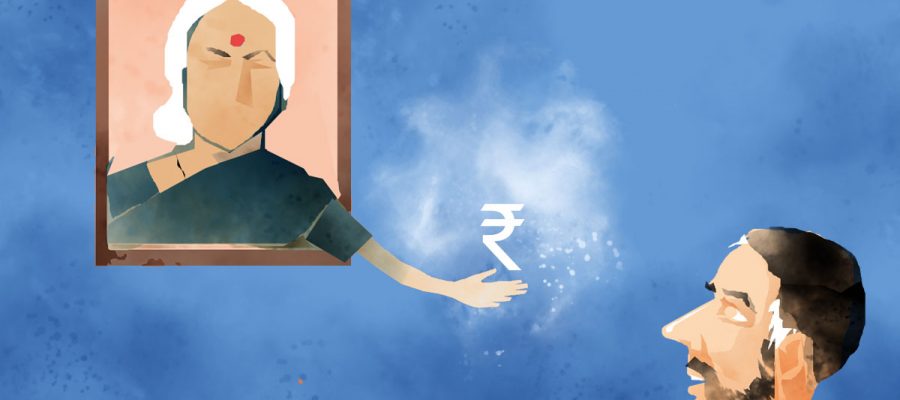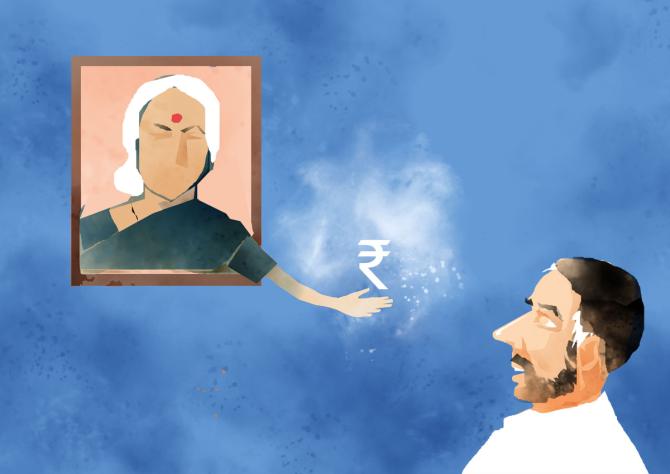Do you have any personal income tax query?
Mihir Tanna, Associate Director, S K Patodia & Associates (external link), a chartered accountants firm that offers consultancy, audit and tax services, will answer your queries.
Please mail your queries at [email protected] with the subject line Ask Mihir.
Digant Pathak: I have been recently (2 months ago) appointed as DDO for disbursing salary to the teachers. The previous DDO did TDS but did not do file returns as there was no Income Tax knowledgeable person in his office.
Now the IT Department is demanding that I have to do all the return filing of previous years with penalty. I find it really obnoxious. What is your opinion in this matter?
Secondly I have directed my employees to file their IT returns by themselves. It is because if I do TDS I shall not be able to do return filing. Am I correct here?
Waiting for your valuable advice
Mihir Tanna: I understand that you have received notice from TDS department for non-filing of TDS return in 24Q and you are appointed as “Person responsible for deducting tax at source” under TAN/Traces records.
A person who fails to file the TDS return by the due dates has to pay late filing fees (Rs 200 for every day – up to TDS amount) and TDS officer may direct to pay penalty of Rs 10,000 which can go up to Rs 1,00,000. So if you are authorised as responsible person, it is advisable to do the needful at the earliest.
In my view, you will be considered responsible for default for earlier DDO too, so better to comply at the earliest.
With reference to ITR of employees, you are not legally bound to file/assist in filing ITR.
Amit Srivastava: I am a central government employee under new pension scheme. Presently I am working in deputation on same ministry in a PSU. My question is that as per central government employee in NPS government contribution is 14% and it is tax free contribution made by government. However, the PSU which is governed by same ministry is contributing 14% but the only 10% amount is tax free and 4% they added in my income and increased my tax liability.
What is the rule in this regard and also where I will know you replied my answer
Mihir Tanna: For NPS contribution by employer, employee is eligible for tax deduction up to 10% of salary (Basic + DA) (14% if such contribution is made by Central Government) contributed by employer under Section 80 CCD (2) over the limit of Rs 1.5 lakh provided under section 80 CCE.
In your case contribution is not made by central government, contribution, contribution above 10% of salary is not eligible for deduction and correctly added to Income.
Venkatesh Bhat: My Mom passed away and she has a refund on her returns for last fiscal year as per the filed IT returns. However, all the bank accounts in her name have been closed. Is there a way I as her son can claim for the refund in my bank account?
Mihir Tanna: In case the refund reissue is from a Legal Heir of the taxpayer, the legal hair is required to comply with ‘Legal Heir’ registration formalities and upload the necessary documents like PAN card copy of Legal Heir, Death certificate copy of the deceased tax payer, Copy of Legal Heir proof as per the norms, Copy of order passed in the name of the deceased and Copy of Letter of Indemnity.
- For registration log on to www.incometax.gov.in with your (Legal hair) credentials
- Click on ‘Register as Representative Assessee’ under ‘Authorised Partners’ menu
- Select ‘Request Type’ and enter the ‘Required Details’ and Click ‘Proceed’
- Click on the dropdown and select ‘Deceased (Legal Heir)’ and provide the required details under ‘Details of Deceased’
- Provide details of Legal Heir’s bank account under ‘Details of Bank Account of the Legal Heir’
- Upload the ‘attachments’ then ‘Validate’ and ‘Submit’
Legal Heir need to pre-validate their Bank Account in e-filing website
Read more of Mihir Tanna’s responses here.
Note: The questions and answers in this advisory are published to help the individual asking the question as well the large number of readers who read the same.
While we value our readers’ requests for privacy and avoid using their actual names along with the question whenever a request is made, we regret that no question will be answered personally on e-mail.
Source: Read Full Article


